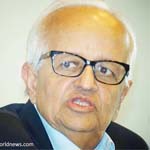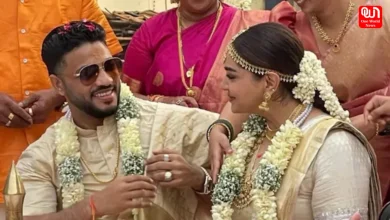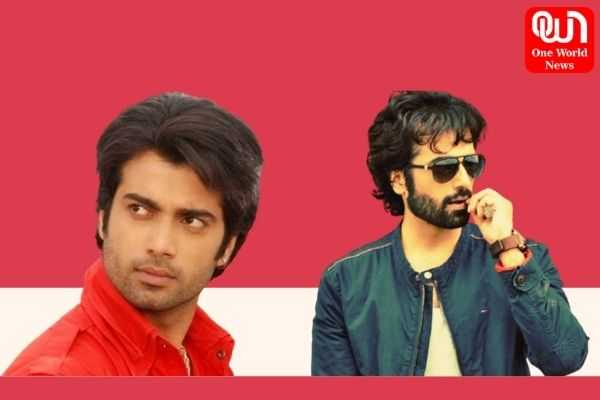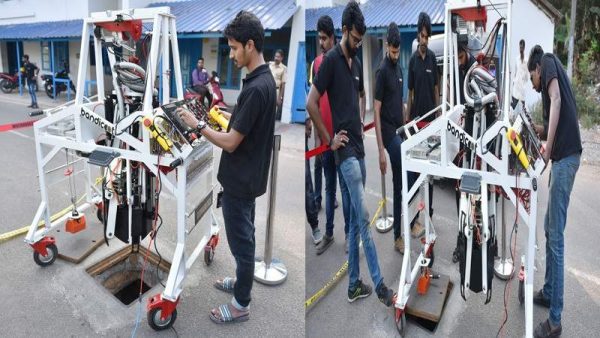India’s Economy, Politics And Governance By Bimal Jalan

India’s Economy, Politics And Governance By Bimal Jalan
The Teen Murti Bhavan held a lecture on India’s present state of Economy, Politics and Governance recently. The speaker of the day was the well-known economist and former Reserve Bank of India’s Governor Mr. Bimal Jalan. Mahesh Rangarajan chaired the lecture.

Mahesh Rangarajan gave some cogent remarks after the lecture
Bimal Jalan commenced his lecture by saying that India’s “fundamentals” are strong. He said, “Just look at India’s fundamentals. Last year we had the largest free and fair election in human history. The same people, same bureaucracy, same politicians gave you that election. Then unlike our past and many other democracies, our economic fundamentals are also very strong.”
He then touched upon some economic parameters; he said that India has one of the better savings in the world. It is estimated somewhere around 30%. Its dependence on global trade is significantly less than the past. India is one of the most competitive markets around the world; the foreign reserves are adequately high. India is a hub of the world’s best Information Technology (IT) firms.

Mahesh Rangarajan Chairing the lecture
He then touched upon the other side of the story. He said that even despite having all of the above, everything is not hunky-dory. India’s ranking in United Nations’ Human Development (UNDP) Index is dismal. Human Development Index represents the socio-economic state of a nation’s masses. The basic components of it are life expectancy, literacy, standard of living and health. He said, “The Human Development Index is much more comprehensive than the GDP and India’s rank is 135 out of 187 nations.” So he questions, “How is it that, with all those fundamentals so strong, that you are at the bottom of the UNDP Index? The second five year plan in 1956 said that poverty in India will be abolished in the next 25 years i.e. 1981 and here we are in 2015!”

A full house at Teen Murti Bhawan
He further added that India has a democracy which is defined as ‘By the people, for the people’ but India’s policy makers have failed at the ‘for the people’ part. They have not done as much as India had the capacity to do. The past performance is below the expectation of what the founding fathers of the Constitution foresaw.
In the middle part of his lecture, he talked about the present government. He said that the present government has taken steps to boost up the growth and its distribution. Steps like Jan Dhan Yojana and the proposal to introduce Goods and Services Tax (GST) will help the government to upscale the inclusion of lower class in the economy and a simpler tax framework respectively. The Pension and Insurance Bill will also be a step in the right direction.

Mr. Bimal Jalan presenting his views
He then said that the government ought to provide for the poor. India has the capacity and the capital to provide for basic services like food and health care for every citizen, but for some reason every successive government has failed to do so. It is the cracks in our politics and governance structure which has led to this kind of economic outcome. We need urgent attention and reforms. The parliament needs to function well. In recent times the parliament has been in the news for all the wrong reasons. There are frequent disruptions in both the houses. Opposition parties are practicing obstructionist politics. So the question is, “Is it possible for us, within the framework of our parliamentary democracy?Can we reduce the role of the government in the economics of the country? Particularly the role of multiple ministries and states in minimal matters?” The power to distribute or allocate the required money should not be solely limited to a minister.

Former RBI governor said parliament needs to function.JPG
To conclude he said that India needs to be better placed in every sector and that it has the resources. India needs to better its ranking in UNDP, Corruption and Transparency Index. Everything is doable if will power is there. And then with his best of luck he ended his lecture.
Picture Courtesy:Neel Kamal Pandey







